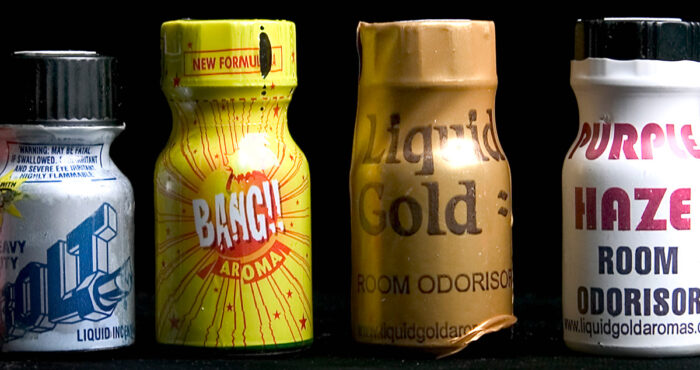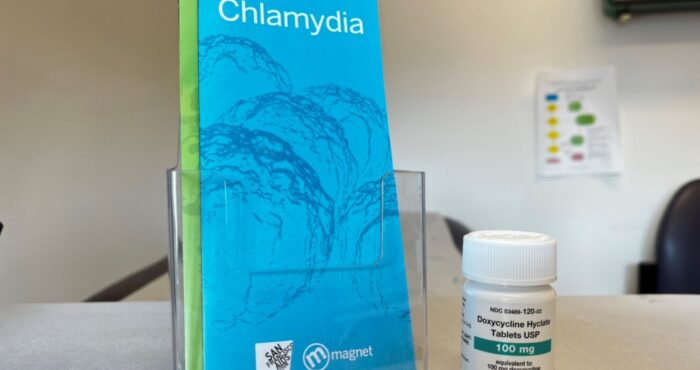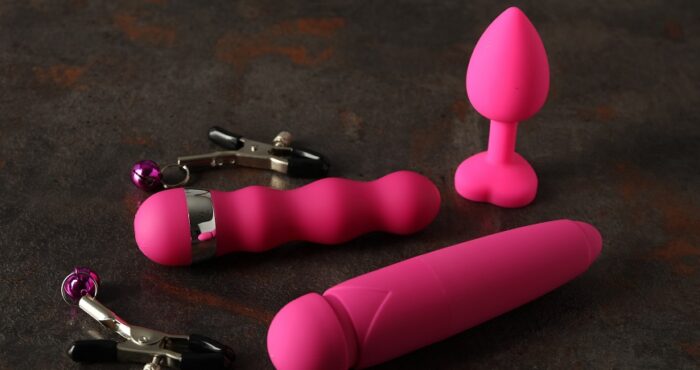How to Booty Bump Better
Booty bumping involves mixing drugs—usually meth or cocaine—with water and squirting it into your butt through a syringe without a needle at the end.
If you’re considering this way to use, or maybe want to learn how to do it more safely, read on for what we know about the technique, the risks and potential harms, the possible benefits, and more.
Why people booty bump
People booty bump so that they can avoid injecting, because injecting drugs can cause skin/vein damage and can be painful. If you booty bump, you won’t end up with “tracks” on your arms and may be less likely to end up with scabs, sores and other abscesses on your skin. People also may booty bump so that they can avoid snorting drugs, which can damage your nose, or avoid smoking, which can damage your lungs.
Also, you’ll likely experience stronger effects of the drug if you booty bump (than if, for example, you swallow your drugs). The rectum happens to be very efficient at absorbing a high percentage of a drug into your bloodstream—which is why some medications are administered through the rectum.
Booty bumping has a very high “bioavailability” rate compared to other routes of administration. That means that a higher percentage of the drug gets into your system with booty bumping, than for example, if you smoke your drugs.
How people booty bump
Some people will simply insert the drug in their ass without mixing it in water. This is called “dabbing” or “stuffing” if the drug is wrapped in a rolling paper.
It is less physically damaging to booty bump if you first mix your drugs in water. Draw the liquid up with a clean syringe (with the needle removed).

Some people also use lube injectors (lube shooters or lube launchers) to booty bump, which can be even more effective than syringes because they are designed specifically for placing fluids into the rectal cavity.
Add a bit of lube to the outside of the syringe and to the inside of your butt for smoother entry and to prevent rips or tears.
Lie on your side or find a position where you can reach to insert the syringe into your butt. Gently insert the syringe into your butt and press the plunger all the way to the base (hold onto the base so you don’t lose it!) After a few minutes, carefully pull the syringe out.
Booty bumping risks
Tearing
You might damage the tissue of the rectum and anus if you booty bump, especially if you do it frequently. Damage to the rectum and bleeding can increase the risk of HIV and STI transmission during anal sex (and can also be painful).
To reduce this risk, it can be helpful to alternate between booty bumping and other modes of administration such as snorting or smoking. Booty bumping frequently over a short period of time does not give the tissue enough time to heal, so it’s best if you can limit yourself to booty bumping no more than a couple of times a week—with a few days off in between.
Lube up the inside of your butt with lube before booty bumping to prevent damage to your anal canal, and insert a Vitamin E capsule afterwards to promote healing.
Infection
Make sure all of your booty bumping equipment is thoroughly cleaned and disinfected—or else you run the risk of developing an infection.
Start with a clean surface, wash your hands with soap, and use only sterile water, syringes and other materials. Sharing a syringe causes similar risks, so make sure you have your own syringe. It is good harm reduction and usually enjoyable to booty bump with someone else, as long as you each have sanitary accoutrements.










